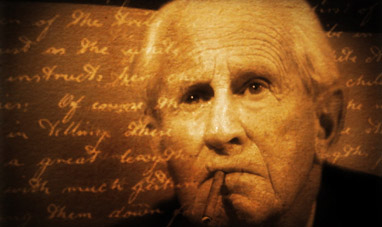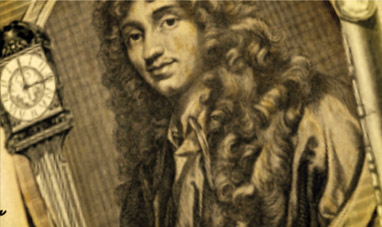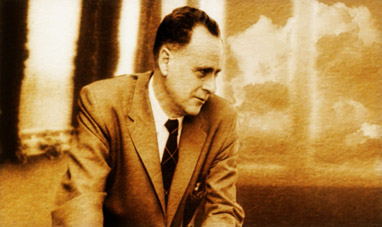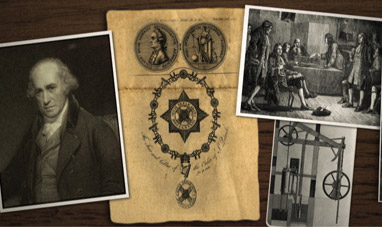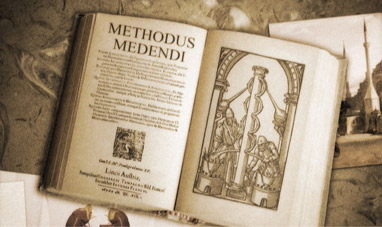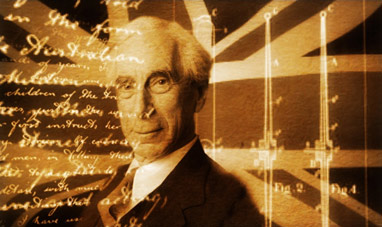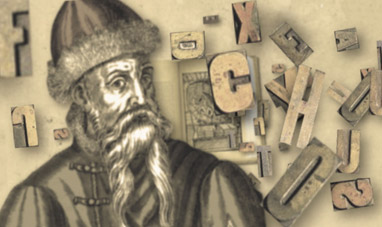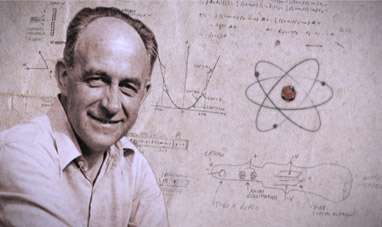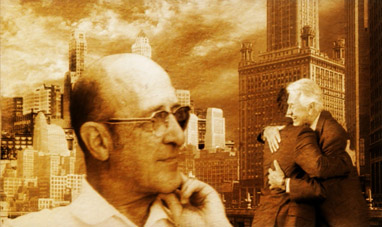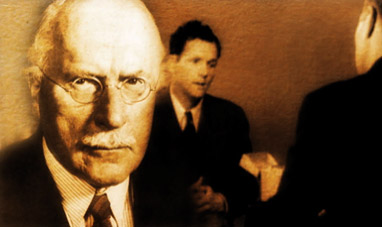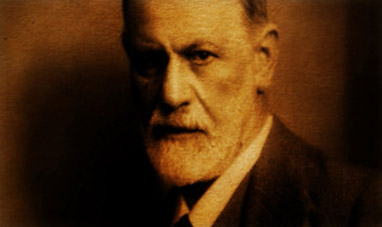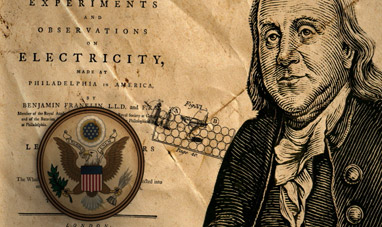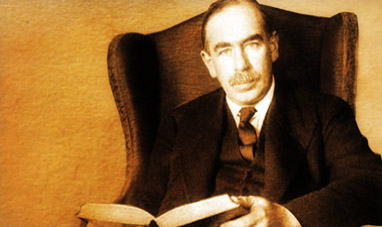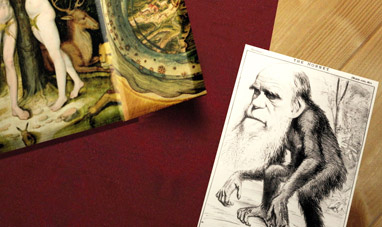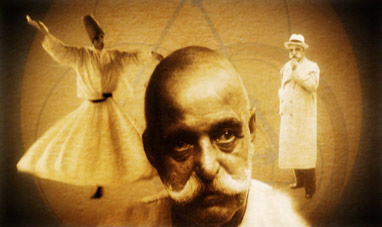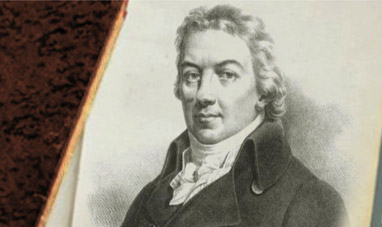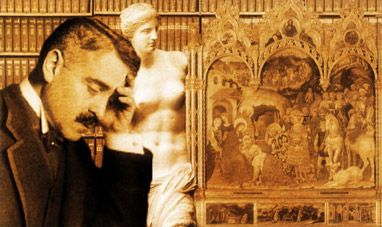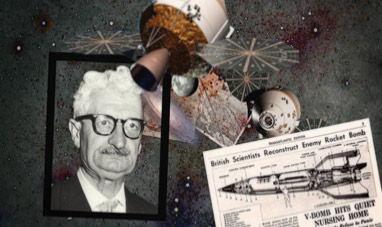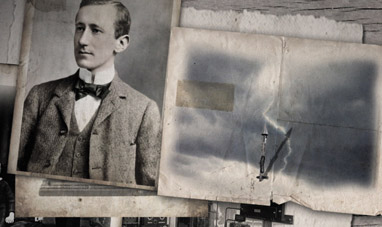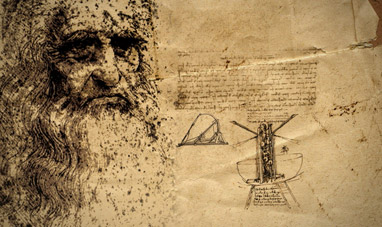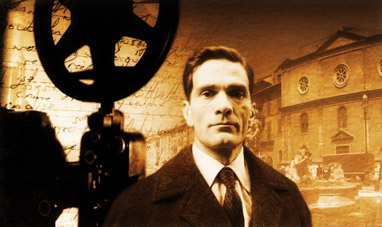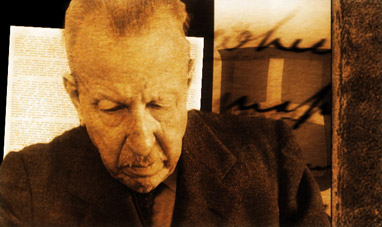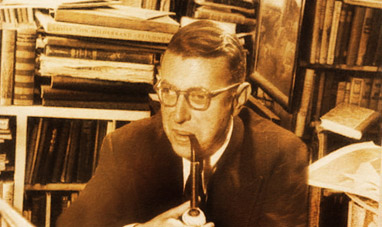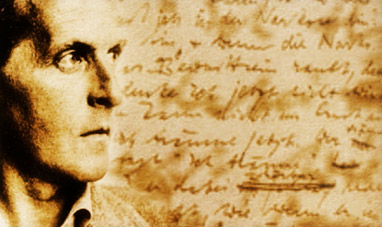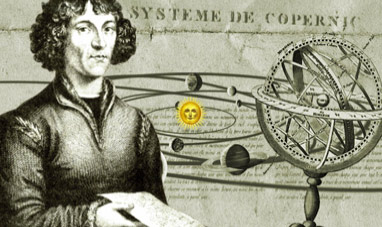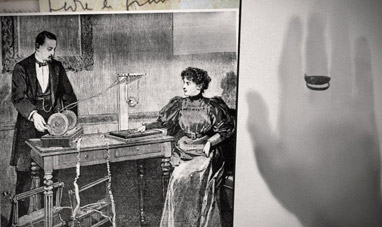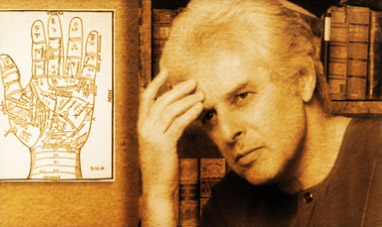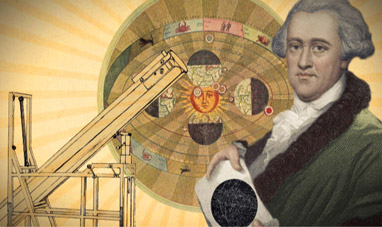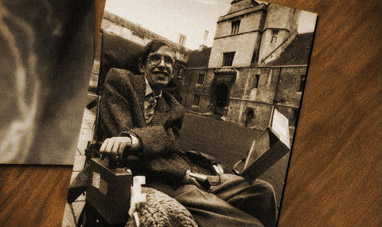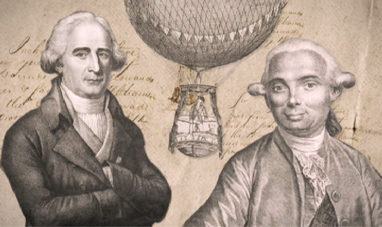Edmund Husserl was an Austrian philosopher who founded phenomenology, an important 20th-century philosophical school. Husserl was born on April 8, 1859 into a Jewish family in Prossnitz, Moravia, part of the Austro-Hungarian Empire. He studied mathematics, astronomy, physics, psychology and philosophy. In 1901 he published Logical Investigations. That same year, he began teaching logic at the University of Göttingen in Germany. The prevailing philosophy at the time was positivism, which put total faith in 19th-century advances in science and technical-scientific fields.
Husserl disputed positivism. Scientific progress, he said, could not yield truth on its own. Husserl felt that when a scientist looks at the world he ignores the fact that consciousness colors incoming data. Every observation is conditioned by an indissoluable relationship between the object being examined and the examiner’s consciousness. To make sense of what it sees, consciousness must always rely on observational and experiential reference points. For example, when we look at what’s around us, what we see is a two-dimensional reflection, like a snapshot. But experience tells us that in reality what we actually see is three dimensional. Through the act of interpretation, consciousness tends to assign just one meaning to what’s being seen, thereby excluding a more ample perception of the world. Husserl had no wish to dismiss the search for truth. Philosophy, he insisted, could still achieve truth, but only if it analyzed all experience and purged bias. The objective was to isolate “essences” as they struck the conscious mind, before becoming imbued with meaning. This type of essential perception allows one to see “phenomenon,” literally “that which appears.” Hence phenomenonlogy. Applying these principles steadfastly, a person reached what Husserl refered to as “Life-world,” [Lebenswelt] a state of experience in which objects are perceived pure and free of conditioning. Husserl claimed this perception occurred every minute of every day, though people were unaware of it.
In 1914 the outbreak of World War One and the subsequent atrocities undermined the West’s unconditional faith in progress and science. Husserl’s criticisms proved to be well-grounded. In the 1920s, phenomenology spread throughout Europe, with Martin Heidegger and Jean-Paul Sartre following in Husserl’s footsteps. When Nazism gained a foothold in Germany, Husserl, a Jew, lost his teaching post. But he remained in Germany to continue his work. His final publication, The Crisis of European Sciences and Transcendental Phenomenology, was published in 1936. He died in Freiburg on April 27, 1938. He was 79. Husserl’s criticism of positivism posed questions that science has yet to answer. Scientists still face a daunting challenge: to gain authentic knowledge of the self before analyzing the world at large.
Husserl disputed positivism. Scientific progress, he said, could not yield truth on its own. Husserl felt that when a scientist looks at the world he ignores the fact that consciousness colors incoming data. Every observation is conditioned by an indissoluable relationship between the object being examined and the examiner’s consciousness. To make sense of what it sees, consciousness must always rely on observational and experiential reference points. For example, when we look at what’s around us, what we see is a two-dimensional reflection, like a snapshot. But experience tells us that in reality what we actually see is three dimensional. Through the act of interpretation, consciousness tends to assign just one meaning to what’s being seen, thereby excluding a more ample perception of the world. Husserl had no wish to dismiss the search for truth. Philosophy, he insisted, could still achieve truth, but only if it analyzed all experience and purged bias. The objective was to isolate “essences” as they struck the conscious mind, before becoming imbued with meaning. This type of essential perception allows one to see “phenomenon,” literally “that which appears.” Hence phenomenonlogy. Applying these principles steadfastly, a person reached what Husserl refered to as “Life-world,” [Lebenswelt] a state of experience in which objects are perceived pure and free of conditioning. Husserl claimed this perception occurred every minute of every day, though people were unaware of it.
In 1914 the outbreak of World War One and the subsequent atrocities undermined the West’s unconditional faith in progress and science. Husserl’s criticisms proved to be well-grounded. In the 1920s, phenomenology spread throughout Europe, with Martin Heidegger and Jean-Paul Sartre following in Husserl’s footsteps. When Nazism gained a foothold in Germany, Husserl, a Jew, lost his teaching post. But he remained in Germany to continue his work. His final publication, The Crisis of European Sciences and Transcendental Phenomenology, was published in 1936. He died in Freiburg on April 27, 1938. He was 79. Husserl’s criticism of positivism posed questions that science has yet to answer. Scientists still face a daunting challenge: to gain authentic knowledge of the self before analyzing the world at large.

